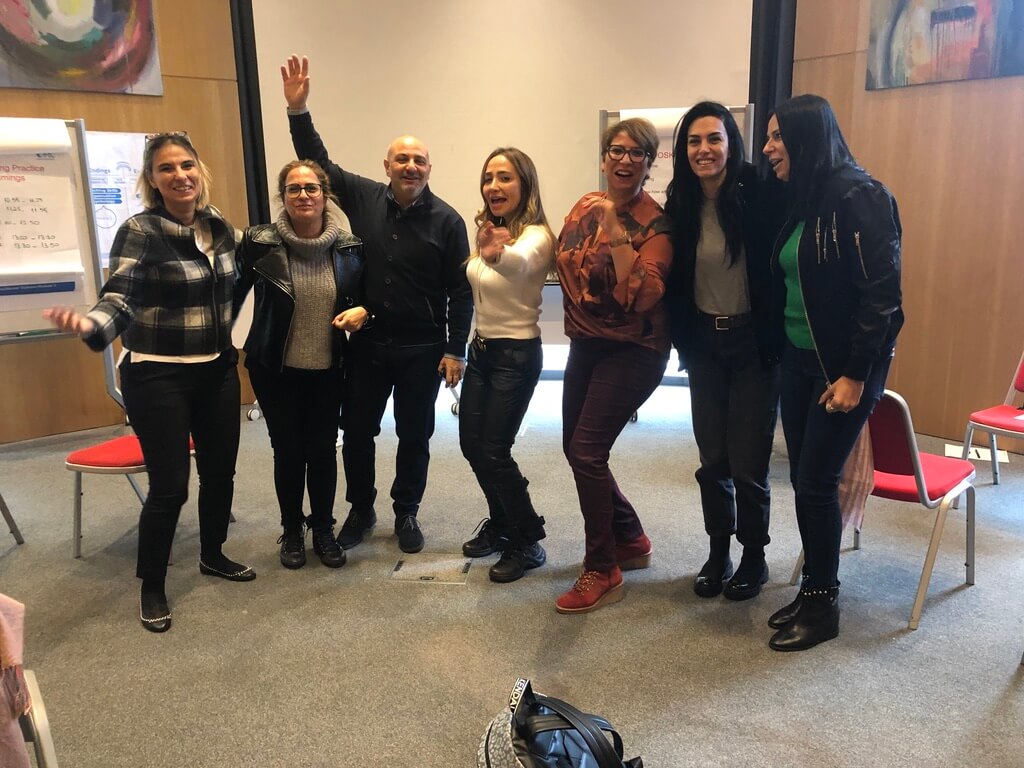Boosting Employee Engagement Through Leadership Team Coaching
Employee engagement is the interest, involvement, and enthusiasm an employee has for their job and their working environment. With employee engagement, you can monitor and manage employee perspectives on the essential aspects of your workplace culture.
You can determine whether your team members are genuinely invested in their work or are merely just putting in the required time. You can decide if your team-building activities and human resources procedures have a positive business influence or if there is any room for improvement. And with the appropriate techniques like high-performance team coaching, you can discover ways to strengthen the connection between your employees’ jobs and your company.
What Really Drives Employee Engagement and Motivation?
As a company, first, understand the realities of employee engagement and motivation.
Lack of Motivation is Not The Cause of Low Engagement
It is not a lack of motivation that separates an engaged person from a disengaged one, but rather the quality of their motivation. The daily transition to optimal motivation that occurs when employees’ work is aligned (linked to a significant value), integrated (closely linked to a meaningful purpose or issue), or inherent is the key to long-term engagement (naturally enjoyable, compelling, or interesting).
Engagement in Relationships is Equally Vital to Work Engagement
A crucial and unique element of employee engagement is the leader’s involvement in work relationships. A leader maintains various relationships at work, including those with peers, workers, stakeholders, and clients. Relational engagement is the level of energy, enthusiasm, and involvement a leader has when working with others.
Career Development Boosts Engagement
Companies with high levels of employee motivation, satisfaction, and retention consistently displayed distinct talent management strategies than those with low levels of engagement. Processes for developing talent were major differentiators. For this provide your employees with leadership team coaching and bring in an understanding of their leadership development in order to boost them.
How to Boost Employee Engagement and Motivation
Here are some tips to help you boost employee engagement and inspire workers if you’re serious about battling disengagement and fostering more dedication towards your business:
Help Employees Understand Their Own Motivations
People working on projects that align with their motivations are happy, most energized, and most engaged in any organization. Value alignment is crucial for younger workers. In order to “sculpt” responsibilities and fine-tune duties so they are more in line with passion, managers, and employees should wherever feasible cooperate to support their teams in developing a better understanding of themselves. Greater engagement will follow.
Care About People
Employees who strongly think that their managers care about their well-being are far more engaged and likely to stay with their current company. Make sure your managers lead empathetically and sincerely assist direct reports because high levels of emotional intelligence generate employee engagement and motivation. Employees are more likely to choose to leave an organization when they feel that there is no support available.
Give People More Authority, Not Just More Responsibility
This is true, particularly for your top performers. High potentials don’t just want greater responsibility in developmental assignments; they also want more power to make decisions, which will deepen their engagement and commitment to the company.
Develop Others
Employee motivation depends heavily on having a manager who supports their professional growth. Neither HR nor your employee should attempt to resolve this on their own. Spend time in important things like hiring an international business coach to coach your staff members to succeed in their current positions and directing them to seek future interests. Managers need to be aware that they are key to employee development.
Be Authentic
Relationships require trust to be built, and trust is only possible when no one feels as though they are “faking it” or “playing a role.” Employee engagement and enthusiasm are more likely to be present in organizations that support authentic leadership. As a result, bring your complete self to work while making room for others to do the same while respecting and acknowledging other lived experiences. Increase employee engagement across historically marginalized or underrepresented groups by intentionally educating your managers on inclusive leadership techniques.







